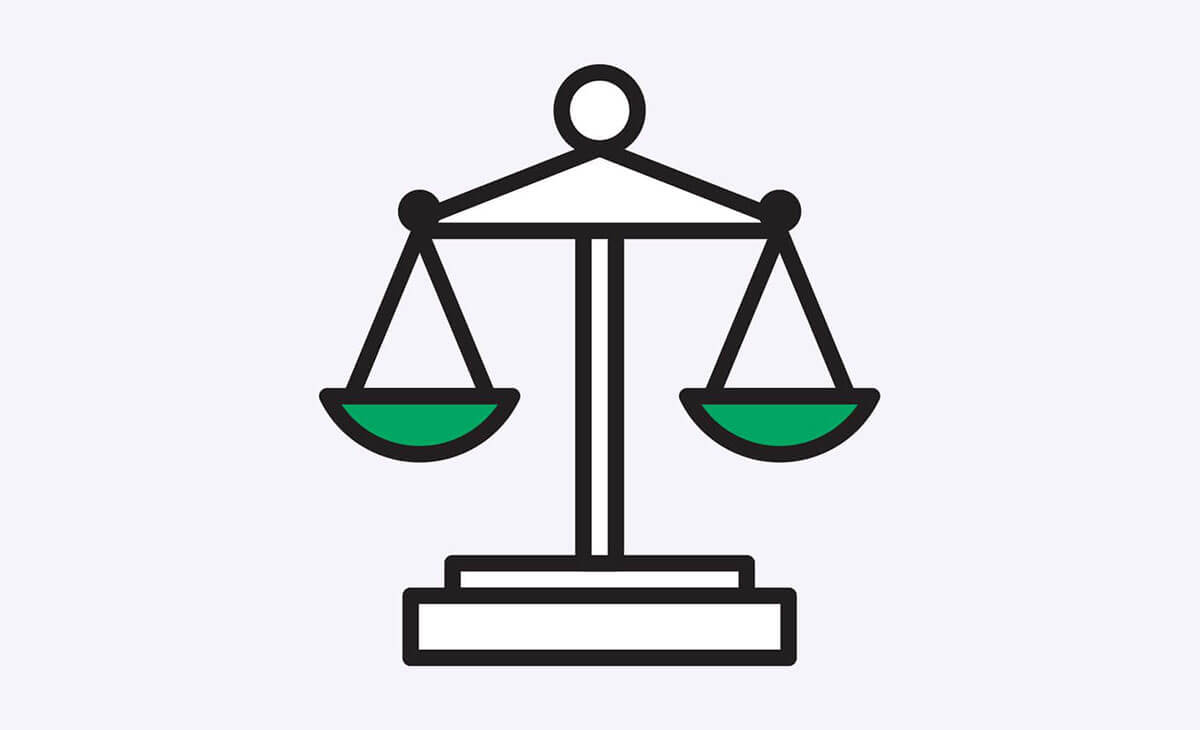Continuing our series on the background to what we do (make legal due diligence better, faster and cheaper), here’s an explanation of “legal due diligence” for unfamiliar readers.
Legal Due Diligence
As described in an earlier post, due diligence is the process of investigating and considering an action before consummating it. Due diligence can include drilling down on the facts, risks and opportunities of a transaction and involve business people, lawyers, accountants, financiers, consultants, private investigators and IT specialists, among others. Due diligence is done in connection with an action significant enough to make the investigation worthwhile. Legal due diligence refers to the legal portion of a due diligence investigation.
What Happens in Legal Due Diligence
In legal due diligence, lawyers comb through appropriate materials to determine relevant facts. Specifically, lawyers are focussed on two categories: determining (1) current status and (2) consequences of the contemplated action.
- Status. As a baseline, lawyers need to figure out details about the action in question and its context. In an M&A transaction, for example, lawyers would be interested in learning what relevant laws, governing documents and contracts say. Determining status is key. It sets the stage for determination of consequences. But it also helps an acquirer (1) value a target (including spot any hidden risks or liabilities) and (2) figure out what they have once they get it (i.e., what the contracts of its newly acquired subsidiary actually say when it comes time to run the new business).
- Consequences. Along with determining status, lawyers need to figure out how things change as a consequence of the contemplated action. Good due diligence lays the foundation for making the consequences of an action as favorable as possible to the client. Returning to the M&A example, lawyers will consider whether there are any impediments on the acquirer and target sides to doing the transaction (e.g., provisions in governing documents or applicable laws that restrict new stock issuances, laws or contracts that restrict ability to change control, enter a new businesses or expand). Lawyers will consider their findings from the due diligence investigation in structuring the transaction, drafting transaction documents and preparing any opinions they give. For example, contractual change of control clauses can sometimes be overcome through structuring the deal to have the actual change of control occur at a level above the entity contractually restricted from changing control. At other times, this will not work and consent of the contractual counterparty is required. It is important to figure this out ahead of time.
Legal due diligence is a big topic and this is a short summary. This piece is worthwhile for a more detailed look.
